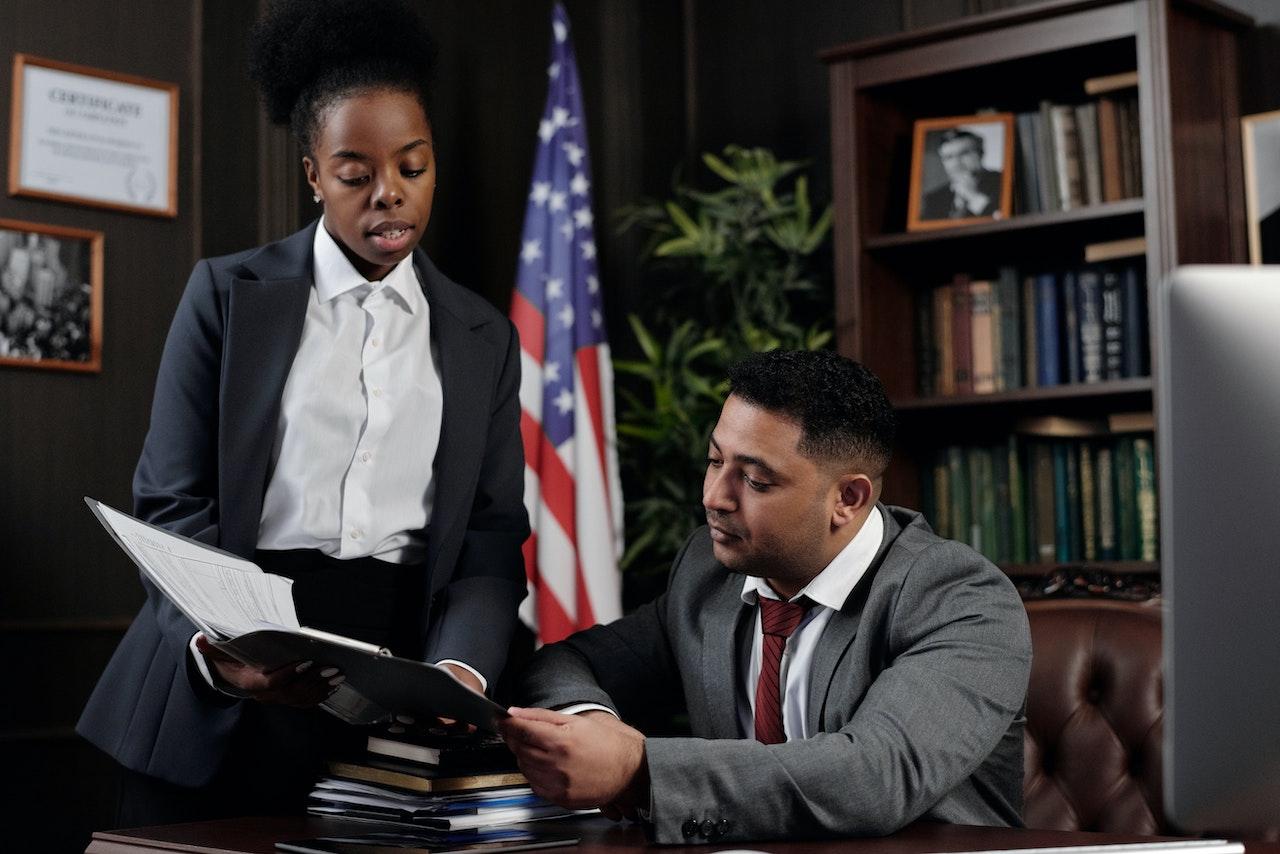In the American justice system, everyone is considered innocent until proven guilty, which is why the role of a Criminal Defense Investigator is so important. These investigators play a vital role in uncovering the facts about a defendant prior to a trial. This is a highly specialized form of investigation, and the information that these investigators find can be absolutely vital in a case. In this post, we’ll dive into the details of what these investigators do and the education and skills needed to become one.
What is a Criminal Defense Investigator?
A Criminal Defense Investigator (also called a CI) is a specialized private investigator who gathers evidence for a defense attorney. The defense attorney will then use this evidence while representing a defendant in a trial.
In order for a CI to perform their duties well, it is essential that they remain open-minded and unbiased during their investigation. Ultimately, their goal is to uncover the truth in a case. They cannot become emotionally invested in a case, otherwise, they run the risk of presenting their information in a biased way.
Learn more about the various types of investigators and what they do.
What Does a Criminal Defense Investigator Do?
There are a number of strategies that a Criminal Defense Investigator might use to collect evidence during an investigation. They might interview witnesses, conduct background checks on those that are involved in the case (including witnesses and the alleged victim), check the facts stated in police reports, prepare legal documents, or gather witnesses that would be willing to testify in court. A Criminal Defense Investigator may also be asked to testify about an investigation themselves during a trial.
At the beginning of an investigation, a Criminal Defense Investigator must first get an understanding of the allegations against the defendant so that they know where to look when gathering evidence for the defense attorney. It is important that they create a good relationship with and gain the trust of the defendant so that they can gather all of the facts, including the good and the bad. A CI will also investigate the crime scene, potential witnesses, and the alleged victim in a case.
Learn more: How to Conduct an Investigative Interview
While they continue to gather evidence, a Criminal Defense Investigator will also need to uncover information about the timeline leading up to an alleged crime, find out what happened during the incident, and also learn about the events that followed. This information and evidence is crucial in drafting professional and accurate reports.
Learn more: Types of Evidence and How They Are Used
How to Become a Criminal Defense Investigator
To become a Criminal Defense Investigator, you will need to become a licensed Private Investigator in your state. It is also very helpful to have a degree in Criminology, Criminal Justice, or to have experience in law enforcement. It is also essential for someone interested in this career path to have high attention to detail, excellent communication skills, and investigative skills to find the evidence necessary in court.
Interested in becoming a Criminal Defense Investigator? Enroll for our online course and learn how to investigate a criminal defense case →
Who Hires Criminal Defense Investigators?
Typically, as we’ve covered, Criminal Defense Investigators are hired by defense attorneys who need evidence when representing a defendant during a trial.
How Much Does a Criminal Defense Investigator Earn?
The salary range for a Criminal Defense Investigator varies greatly – between $42,000 and $146,000 a year, with a median salary of approximately $87,000 per year. Salary depends on the state and the entity that hires the CI.
To learn more about becoming a Criminal Defense Investigator and pursue this fascinating career, enroll in NITA’s online courses for Private Investigators. Here you’ll find a selection, of course, to help you excel in the field of being a Criminal Defense Investigator.
You might also like:
Our enrollment counselors are here to answer any questions you might have about our state- and board-approved status, pre-licensing training, or professional development programs.




